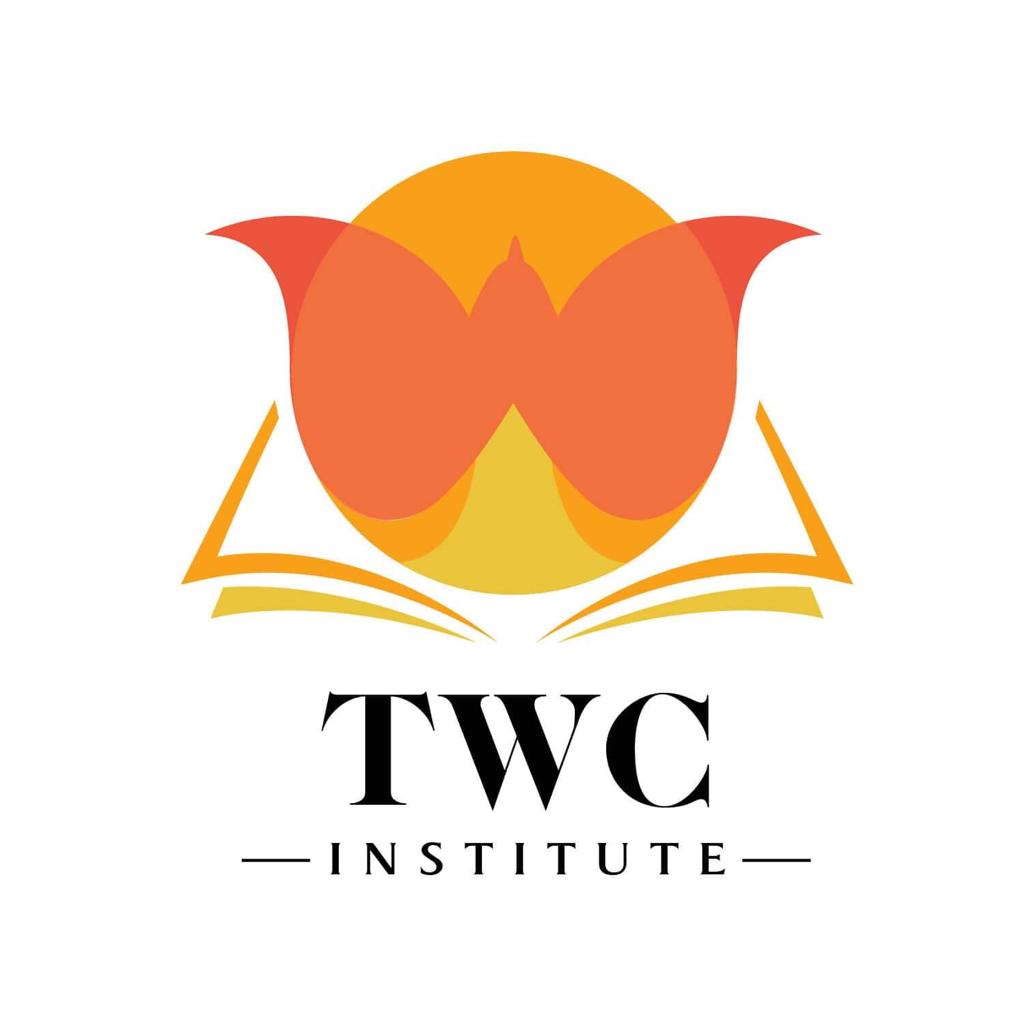Practice TLC to Create Impactful Experiences
Learn & Practice The Language of Choice (TLC) - a few underlying principles, practical approaches, 8 tools & 11 techniques to increase your effectiveness & confidence communicating routine healthcare matters to create impactful experiences for your patients, your colleagues, and most of all - YOURSELF! Times have changed - we are therefore challenged to develop and become the clinicians we dreamed of becoming when we chose these wonderful careers!
-
68 learners
Enrolled -
4 hours
Video duration -
27 hours
Course duration -
4 Ebooks
Free of charge

Physicians Experience: How effective communication can lead to greater adherence and favorable outcomes
Clinical evidence has repeatedly shown that patients who deem their experiences with their providers as positive understand their conditions more, follow treatment regimens more closely and overall fare much better as compared to those who don't. Furthermore, communication is a skill which can be taught, learned, and measured; clinicians tend to become more effective communicators, when they have chosen to do so with a curious attitude.
What's included in this online course?
A step-by-step guide
Dr. Hubbard offers insight and perspective gained over 20 years of studying communication styles, techniques, and tools. Each section builds upon the other.
Learn at your own pace
Take your time and consider each concept offered. As you internalize new ideas & techniques, you will gain and demonstrate mastery with every patient encounter.
Unique learning experience
You will not learn just by watching many hours of videos. We are offering interactive courses with different media and quizzes, to improve your performance.
Course Lessons
Dr. Sean T. Hubbard
Sean T. Hubbard has been a practicing hospital neurologist since 2001; he became specifically interested in clinical and professional communications, during his 1st year as an attending. Given the predominant aspect of his work has been in acute care, the requirement has involved discussing unfortunate - and many times - undesirable neurological outcomes. It was then, that he began to study more effective approaches to help loved ones understand, make decisions, and find peace during such misfortune. It occurred to him that, as healthcare providers, much of our training has been natural science oriented; not social sciences weighted. Gradually, he has catalogued his techniques over the past two decades and is currently sharing them as an organized language of caring for people - The Language of Caring(TLC).
Patrick Jones - Course author

